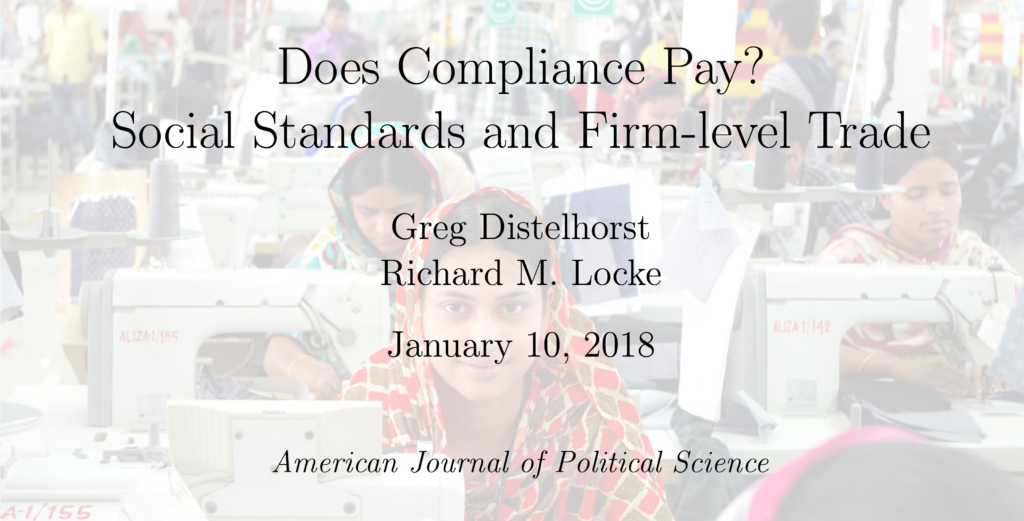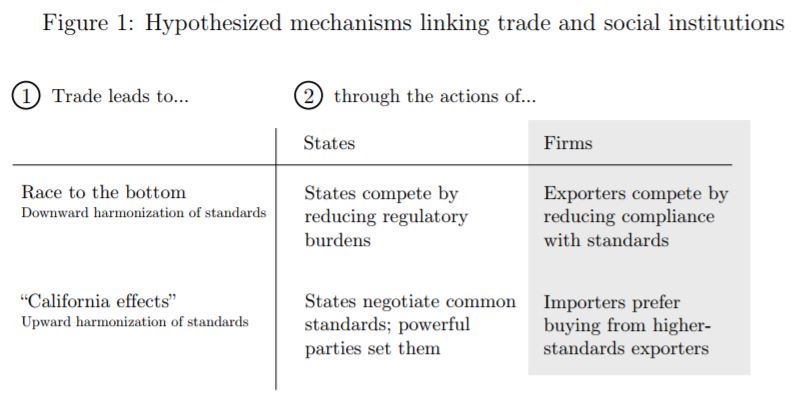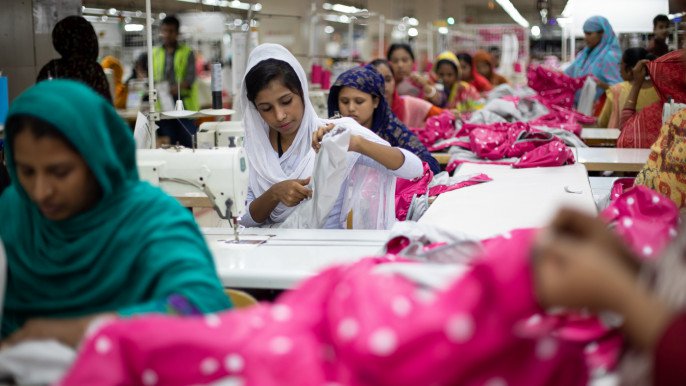
A new study has found that high labour and environmental standards attract international businesses broadening the scope for manufacturing growth.
The study undertaken by MIT Sloan professor Greg Distelhorst and Brown University provost and MIT professor emeritus Richard Locke denotes that manufacturers that adhere to basic labour and environmental standards saw a 4 percent increase in annual purchases over those that did not. The increase is driven almost entirely by manufacturers in the apparel sector, which activists have targeted for decades, demanding better wages and working conditions in factories.
This study uses new data on retailers and manufacturers and offers the first large-scale analysis of how firm-level trade responds to information about social standards. It contributes new evidence on the market behavior of trading firms and investigates how the social standards of exporters correlate with firm-level trade.
Contrary to the “race to the bottom” hypothesis, it finds that retail importers reward exporters for complying with social standards. The idea that free trade and foreign investment lowers labour and environmental standards is commonly referred to as the “race to the bottom”.

Examining retailers in advanced economies and several thousand manufacturers in emerging markets, it detects evidence of a preference for exporters that observe higher standards. Importers purchase more from export factories that comply with basic labour and environmental standards.
Examining data on more than 2,000 manufacturers in 36 countries over a four-year period, the researchers found that those with improved compliance not only saw an increase in annual purchasing, they were producing better quality products and delivering them on time.
In total, they estimated that manufacturers had increased order values of $110,000 on average—with a range of statistical uncertainty between $32,000 and $190,000—when they became more complaint.
Difference in estimates show that within-exporter improvements in compliance are associated with increased average order volume of 4% [1%, 7%], even after adjusting for variation in manufacturing performance.
These findings either suggest that (a) compliance with basic labour and environmental standards can be achieved without sacrificing performance on price, delivery, or product quality, or (b) some importers are willing to pay more to trade with socially compliant exporters.
Among the different types of manufacturers in this study, the apparel industry is the only industry examined where the effects of compliance were statistically different from zero. As the researchers did not see similar results from other industries they concluded that consumer-facing retailers risked losing business if they didn’t capitulate to pressure to deal with compliant factories.
 CPD RMG Study Stitching a better future for Bangladesh
CPD RMG Study Stitching a better future for Bangladesh



